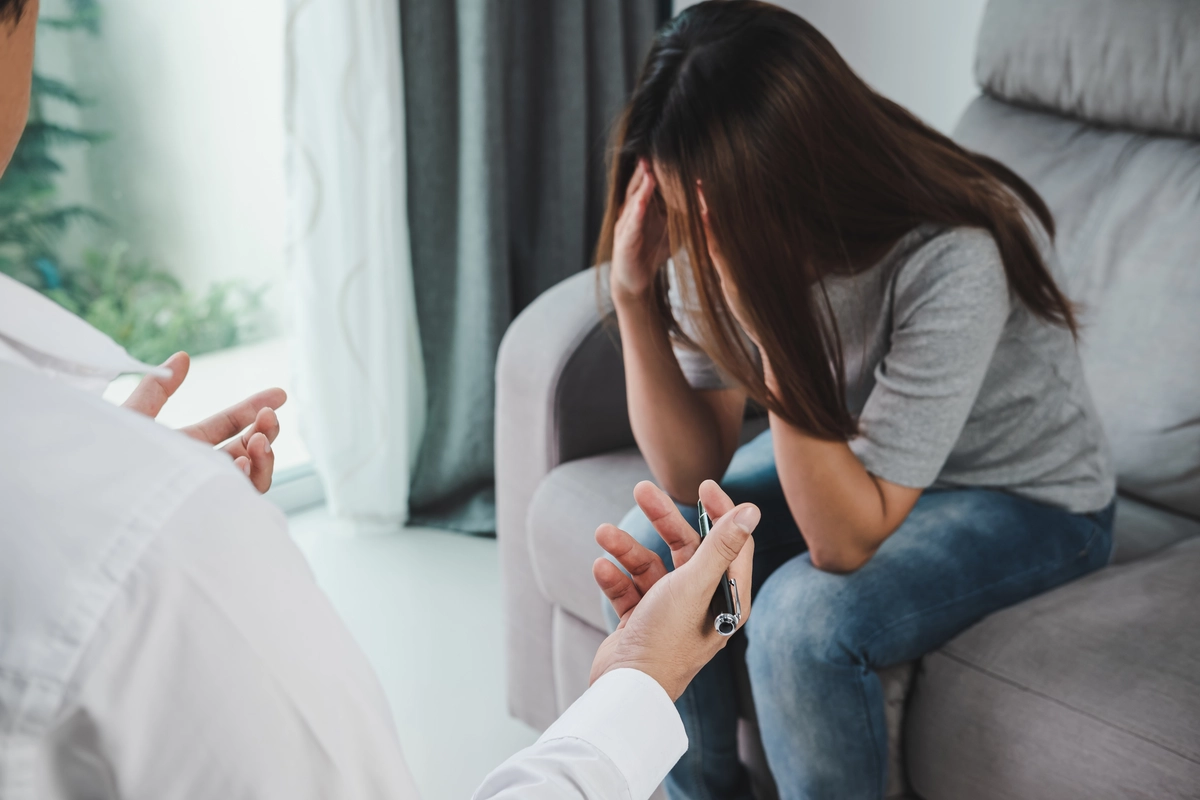24/7 Helpline:
(866) 899-221924/7 Helpline:
(866) 899-2219
Learn more about PTSD Treatment centers in Edwards County

Other Insurance Options

Group Health Incorporated

American Behavioral

GEHA

Amerigroup

Molina Healthcare

Holman Group

Kaiser Permanente

WellPoint

Magellan

Self-pay options

Health Net

BlueShield

Sliding scale payment assistance

Absolute Total Care

Oxford

MHNNet Behavioral Health

Sutter
Beacon

Regence

Coventry Health Care




































